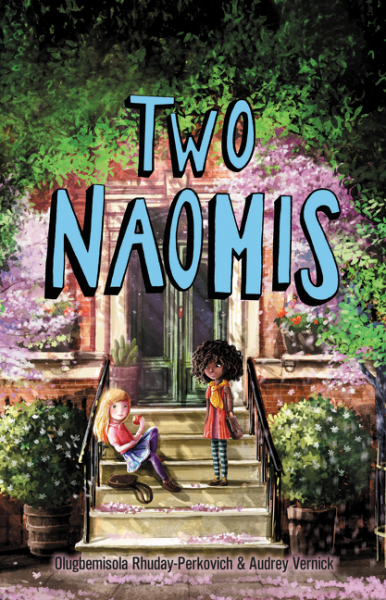Last night I blurted out a series of tweets on this topic – a typically shrewd move, Tweeting on a late Saturday night – but I felt like, oh, I don’t know, expounding a bit, so here we are. Here I am, at any rate. It’s uncertain how much of a WE is happening here, but anyway.
I am so envious of Laura Ruby right now.
“But why?” you might say. “Upon what base was fixt the envy wherein, Mike?” My first answer would be “Please don’t use poetry as the basis of a question, it’ll reveal my ignorance about poetry.” My second answer would be BECAUSE I JUST READ BONE GAP, DUH.
Have you read Bone Gap yet? It just hit the shelves, with what seems to me like something less than the global fireworks display of acclaim and excitement it deserves. Holy flying spaghetti monster, it’s good. It’s one of those books that makes me think AW GEE WHIZ, I WILL NEVER WRITE A BOOK THIS GOOD AND THAT’S IT, GAME OVER. Thick, soupy, ocean-size envy is what I’m wading through right now, and I’m glad.
I might not have been glad about this 10 years ago, and in truth, I might not be glad about this with every author’s work even now, because I was not and am not something more (or less) than human. I didn’t use to accept envy as a normal, understandably human experience – I used to think it was bad, bad, bad, ba-a-a-a-ad and damn, now I have that stupid song from the horrible movie version of the Lorax in my head, GAH.
Point being, I used to think envy was a negative experience, but I no longer do. I think it’s still hard, complicated, even painful, but I don’t equate those qualities with negative or bad anymore. I have separated my experience of envy from my capacity for judgment, huzzah! Please join me in humbly celebrating the majestically enlightened state of myself!
Er, anyway, this still fairly recent benign view of envy has been very helpful while reading Bone Gap, because it truly is one of those books that make me fervently wish I had written it, or could write something like it. It is astonishing. The quality of the prose is delectable and lush; the characters are shot through with beauty and complexity; and the way the story spills over from one world to the next and back again is dizzying in its mystery and dexterity. Best of all, reading Bone Gap proved to be an emotional experience of such power that I was knocked absolutely ass over teakettle. I felt, as they say, all the feels.
Because I’m a writer, and every bit as human as the next writer, my thoughts in the moment were akin to “oh well, I could never write a book like this. Laura Ruby’s magical cabinet of writing skills has the goods, and mine has an open bag of stale potato chips and a three year old can of off-brand cream soda. She’s awesome and I suck.”
I know, it’s quite the silly-ass line of thinking, albeit a forgivably human one. I’m not Laura Ruby, and Laura Ruby’s not me. We’re different people and different writers, and trying to make an apples-to-apples comparison between my books and hers is an exercise in absurdity. Why, it’d be like arguing about which is better, Star Wars or Star Trek! (We’ll talk about that later, when I have 48 consecutive free hours to set aside – I have many thoughts.)
But, BUT, I am now this stunningly evolved specimen of humanity who experiences a genuinely unhealthy or destructive reaction to envy no more than 78% of the time, which has allowed me to understand my envy of Laura Ruby’s new book for what it truly is: admiration; respect; wonder.
I would not feel so envious of Laura if I didn’t at least partly comprehend the spectacular degree of difficulty she confronted in writing this book. I would not feel this much envy if I didn’t understand how much discipline, skill, focus, and sheer force of will it takes to create art of this magnitude. I would not be managing this much envy if it wasn’t clear to me that some of us are farther along on the path to creative greatness than others, and that while I feel pretty good about the way my skills are developing, Laura is on an altogether different playing field. I think it’s fair to say that when it comes to Laura Ruby and the magnificence of her accomplishment in writing Bone Gap, I feel envy because I know I’m seeing someone do the calamitously hard work of giving concrete shape to her creativity at something like peak capacity.
It helps that I already had so much respect for the way Laura conducts herself in the public arena. She’s obviously intelligent as hell, and stands up and uses her voice in ways I admire and feel inspired by. I have many heroes in the world of children’s publishing, and she’s one of them.
it’s good to feel this okay with envy, you know? I’m not saying I enjoy it. It’s not exactly fun. But it’s not a negative thing, because it stems from something good. From something great, in fact. Experiencing the greatness of a book like Bone Gap and being able to support someone I admire in exchange for coping with some envy? I’ll make that trade every time.




